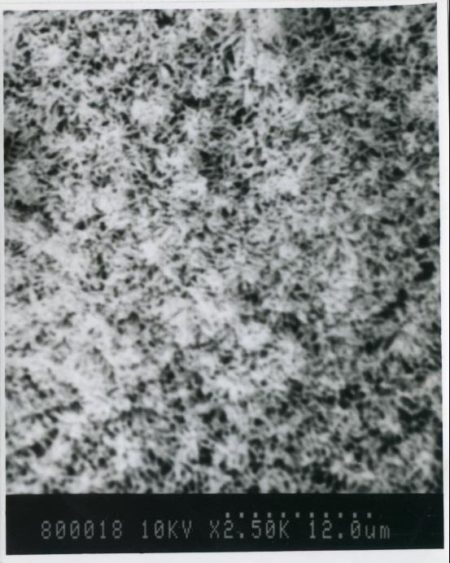What function does the FN play in the fetal-maternal ?
The fetal fibronectin band covers the entire exterior of the trohpocytes during gestation. This FN layer was initially thought to just act in connection with between placenta and deciduas. However, Antai have discovered that the FN band is a primary component of the immunological barrier, and any impairment of said barrier will result in an immunological RSA. The primary cause of defect or impairtment of the barrier is due to the presence of immunity factors, also know as the antinuclear antibodies.

Formation of the anti-nuclear antibody in pregnancy rejection
Previously, we have explained that placental trophocytes samples from RSA (recurrent spontaneous abortions) patients are naked compared to subjects without RSA. My research shows the pathogenesis of immunological RSA: during the artificial interference in pregnancy such as artificial abortion, the fetal cells are broken and the expressing FN encoding gene originating from the spouse is presented to the maternal immune system as “antigen”, inducing the appearance of antinuclear antibody against the FN encoding gene. When the woman is pregnant again with the same spouse, the antinuclear antibody against FN encoding gene enters into the trophocytes and binds to the expressing FN encoding gene. The FN encoding gene is blocked, therefore the fibronectin band outside the trophocytes cannot be formed normally and the integrity of the fetal immunological barrier is impaired. The rejection of the pregnant woman to the fetus results in cessation of fetal development and eventually the abortion.
Why does induce abortions cause this?
This happens mostly in women that had an induced or voluntary abortion before, and now wants to conceive with the same man again. During the voluntary abortion, doctors have to scrap the uterus (womb) lining to ensure that no fetal attachments remaining inside. During the scraping process, it is common that the uterine veins endure secondary damage, leaving it exposed. If any shattered fetal cells (containing FN encoding gene) manage to enter into these exposed uterine veins , it would get absorbed into the bloodstream and presented to the maternal immune system as an antigen. As a result, the antinuclear antibodies begins accumulating and binds with the FN encoding gene in the exposed embryonic cells, leading to impairment of the FN band formation. Without this protective immunological barrier and without the placenta fully formed yet, the embryo is extremely exposed to mother’s immune cells, causing a rapid pregnancy rejection, occuring usually around week 6-8.
Furthermore, when the subject tries to conceive with the same spouse again, her body’s natural reaction is to expel the embryo out of the womb because it contains the same exact FN encoding gene that her body already has immunity against, which in-turn leads to much more stronger immune reaction, causing a much earlier miscarriage. As this cycle repeats, it develops what we know as recurrent spontaneous abortions or recurrent pregnancy loss.